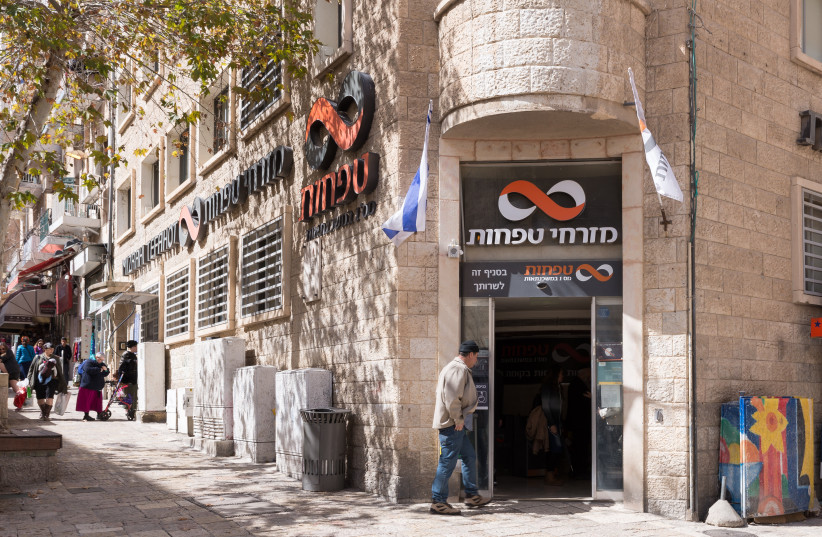On Wednesday Russian Israeli billionaire Roman Abramovich and the Israeli NGO Zaka filed a lawsuit against Bank Mizrahi, alleging that the bank unlawfully denied Abramovich's request to transfer a crucial donation of NIS 8 million to Zaka. The funds were intended to support the NGO's activities in the ongoing war and aid in preparing for future conflicts and disasters in the North. The lawsuit demands an immediate release of the blocked funds.
The basis of the dispute centers around the bank's refusal, citing sanctions imposed on Abramovich by the European Union and the British government. The bank contends that due to these sanctions, Abramovich's account is blocked, rendering it unusable for any financial transactions.
Abramovich's sanctions
The sanctions against Abramovich were imposed in February 2022 following Russian President Vladimir Putin's directive to deploy troops into Ukraine. The EU froze substantial Russian assets, including those of Abramovich, who contested the measures in a legal dispute. However, the EU court in Brussels upheld the sanctions, emphasizing Abramovich's significant role in the Russian steel company Evraz, a major contributor to the Russian government's revenue.
The suing parties argue that Bank Mizrahi's decision lacks legal basis and is fundamentally flawed. Abramovich, an Israeli citizen, had opened the account years ago, and the disputed funds were deposited during that time. Notably, both the Israeli and US governments have refrained from imposing sanctions on Abramovich in connection with the conflict in Ukraine.
Abramovich, renowned for his philanthropy, has been a long-time supporter of Israeli institutions and programs, including the Jewish Agency, Sheba Medical Center, Tel Aviv University, KKL, City of David, and various projects across the country.

Zaka's role
The lawsuit highlights Zaka's vital role as a dominant rescue and recovery NGO in Israel, operating globally in disaster zones and providing emergency assistance. Since the outbreak of the war, Zaka volunteers have been tirelessly engaged in the noble national mission of locating and collecting the bodies of victims, depleting the organization's resources and equipment.
Zaka now faces the challenge of implementing a mental health program for its volunteers exposed to traumatic events, lacking the necessary resources to do so. The organization, consisting of volunteers from diverse backgrounds, including Jews, Christians, Druze, Bedouin, and Muslims, assists people regardless of their religion, race, or creed.
The lawsuit cites expert opinions on sanctions and refers to precedents in Israeli case law. The lawsuits’ authors, attorneys Shmulik Cassouto and Bella Peled, expressed surprise at Bank Mizrahi's decision, noting that “The bank was founded exactly 100 years ago by the Hapoel Mizrachi movement with a single goal: to support the establishment and strengthening of the State of Israel. It is ludicrous that during one of the state’s most difficult times when the entire nation is united and fighting, Bank Mizrahi would block such a vital donation to one of Israel's most important organizations.”
They continued: “In addition, it is puzzling that a bank which invests millions in advertising under the slogan ‘A bank of people, for the people’ would prevent such an important donation meant to help the Israeli people. If the money is good enough to remain in the bank and inflate its balance, it would certainly be good enough to be donated to charity and to a cause that will keep our country prepared for additional challenges in the years to come.”
